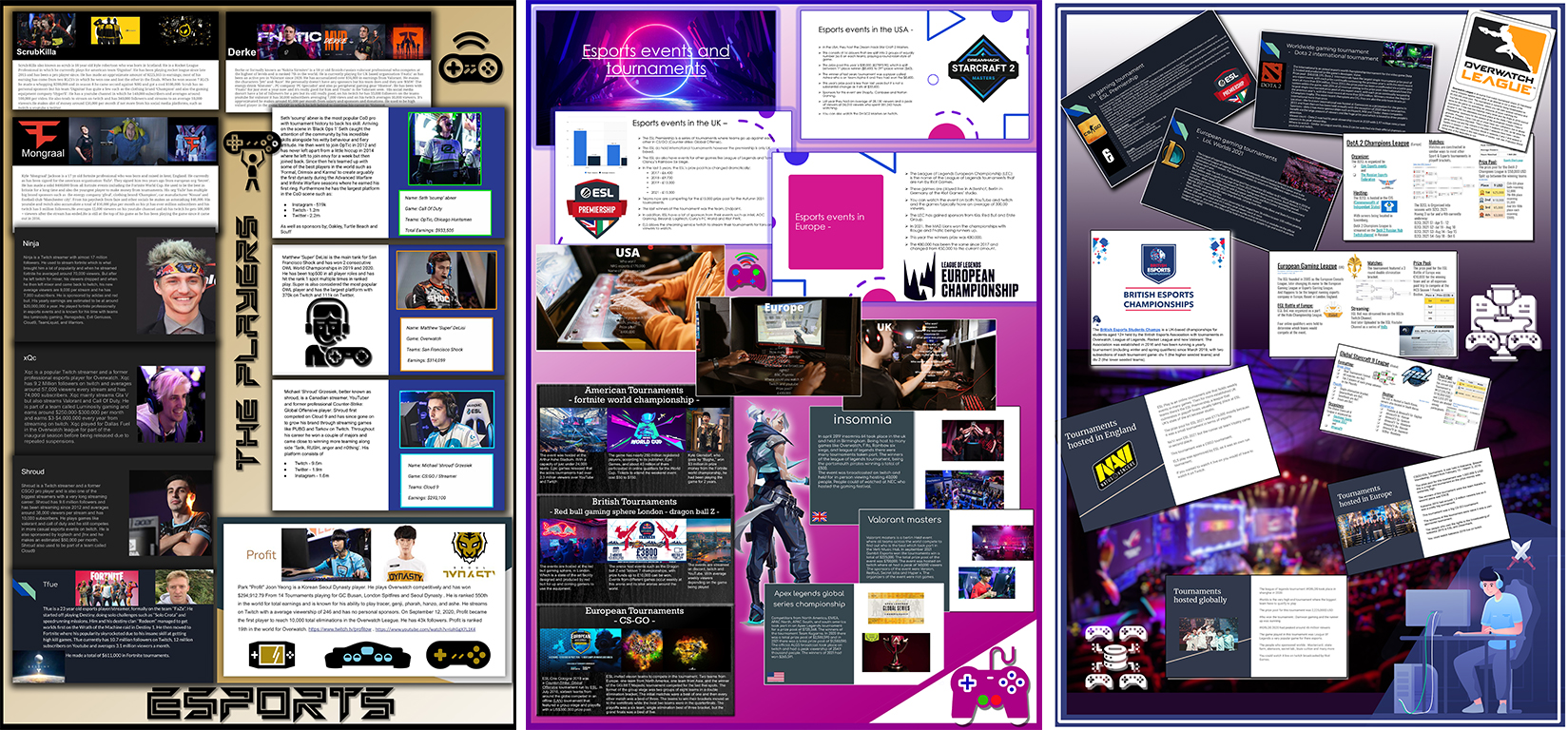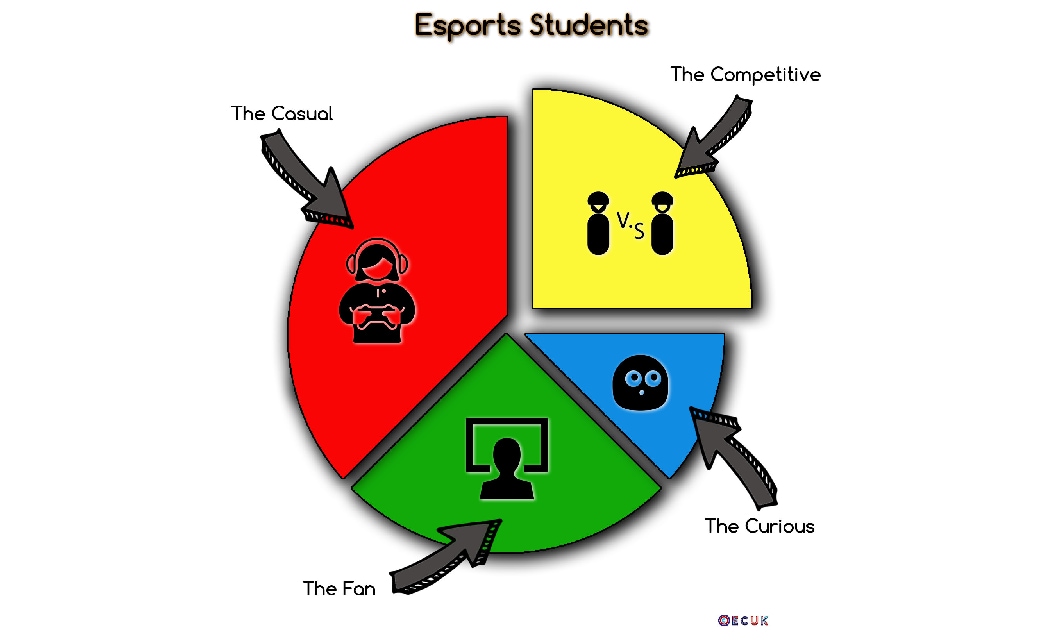
A Year in the Life of Teaching Esports BTEC: Uncharted Territory
This is the third in a series of blog posts by lecturer, consultant, and teacher of esports, Nik Turner.
With induction and diagnostic complete it’s time start some ‘proper’ teaching.. or at least that’s what I originally thought — but my plans were about to change!





